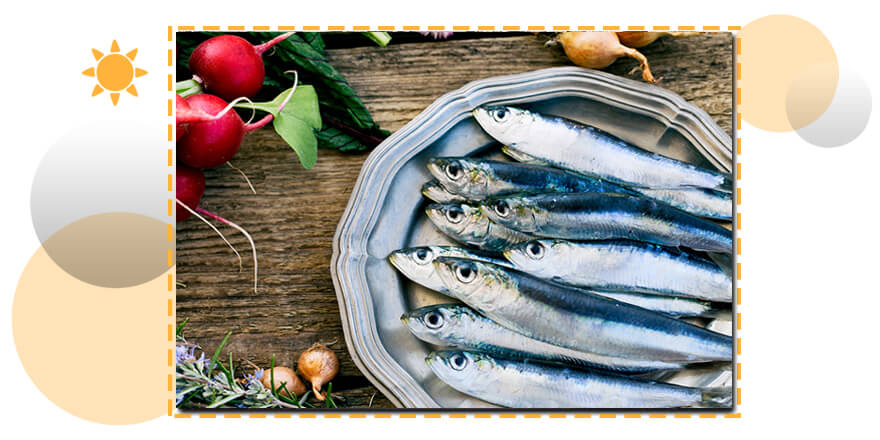
The association between diabetes and nutritional habits is one of the most popular topic recently. There are lots of researches about this area and lots of news in the media. One of the reseach in this topic which took place in the media in recent days in France is about the relationship between type 2 diabetes and fatty acids.
The research in France!
Women eating a portion a day may 'increase the risk of type 2 diabetes by a quarter'” was the warning issue in international media which reported about a study carried out in France that aimed to assess the link between estimates of dietary fatty acids and risk of type 2 diabetes.
The researchers included 71,334 women who were free of diabetes when the study began in 1993, and followed them for 14 years. Fatty acid consumption data was collected from validated dietary questionnaires. Incident cases of type 2 diabetes were identified from questionnaires and drug reimbursement claims. These were subsequently validated.
The researchers found a positive association between high omega-3 polyunsaturated fatty acid (PUFA) consumption and risk of type 2 diabetes. Following adjustment for the potentially confounding effects of other fatty acid groups and BMI, an increased risk of 26% was seen (Hazard Ratio 1.26 (95% CI: 1.13 to 1.41). Women with the highest consumption of fatty acids (the top third or 33%, more than 1.6g per day) had a 26% increased risk of developing type 2 diabetes compared with the lowest 33% consumption group (less than 1.3g per day).
When stratified by BMI (25= ‘overweight’), only normal weight women were at significantly higher risk of type 2 diabetes (HR 1.22 (95% CI: 1.05 to 1.42). On closer examination of individual PUFAs, there were differences between women who were ‘normal’ or ‘overweight’. High levels of alpha-linolenic acid (ALA) appeared to increase risk in those considered ’overweight’, whilst docosapentaenoic acid (DPA) and arachidonic acid (AA) effected both groups. No significant increase in risk was seen for eicosapentaenoic acid (EPA) or linolenic acid (LA).
The media have reported heavily on oily fish being responsible for the increase is risk, however results of the questionnaire found that the main sources of DPA were: meat (31.3%) and fish/seafood (22.6%). The main sources of AA were: meat (42.7%), fish/seafood (10.7%), and eggs (9.7%).
This study is not able to prove that consumption of certain fatty acids is the cause of type 2 diabetes, the size of effect may not be as large as reported, the effect seen may be due to residual confounding as this cannot be ruled out and there may be some inaccuracy in dietary information collected. In addition to these facts, this study was only carried out in women, and therefore we cannot be sure whether the same effect would be seen in men. By only including women in the study the researchers reduce the generalizability of their findings.
EFSA remarks that…
The recommendations for fish consumption may vary across countries; however in general fish is seen as a healthy source of protein and other nutrients, including omega 3 fatty acids.
EFSA has carried out a number of scientific assessments of health claims related to the benefits of PUFA intake. The Panel concluded that intakes of EPA and DHA of between 2g and 4g a day are needed to achieve some of the expected effects such as maintenance of blood pressure and triglyceride levels. Intakes of 250mg a day are sufficient for the maintenance of normal cardiac function.
ESFA set dietary reference values of 250mg a day is an adequate intake for the maintenance of general cardiovascular health among healthy adults and children. They set an Adequate Intake (AI) of 4 E% for linolenic acid, 0.5 E%; for alpha-linoleic acid (ALA) and 250 mg for eicosapentaenoic acid (EPA) plus docosahexaenoic acid (DHA) for adults.
References:
http://www.abstractsonline.com/pp8/#!/4093/presentation/3749
https://www.efsa.europa.eu/en/press/news/120727
http://www.efsa.europa.eu/en/efsajournal/pub/1461


